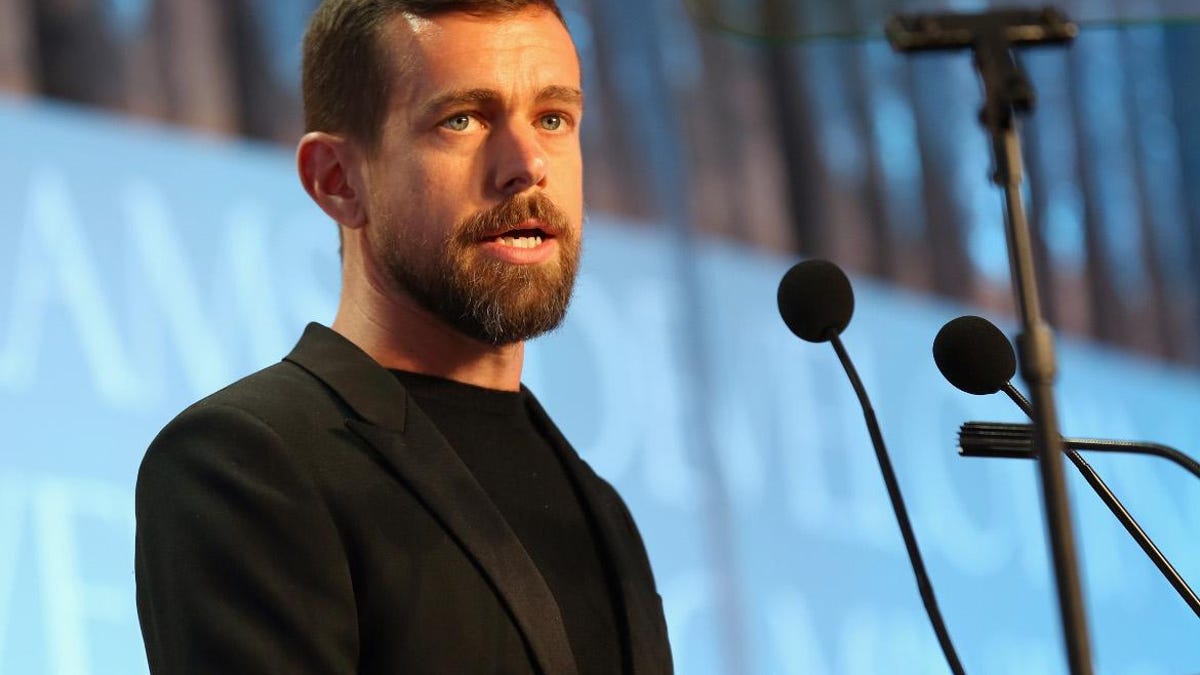Twitter's Dorsey: Site to get 'more aggressive' policing tweets
CEO Jack Dorsey responds to the #WomenBoycottTwitter protest with a string of tweets saying the company is changing policies around how it vets content.

Twitter CEO Jack Dorsey says the social network is rolling out changes designed to improve how it monitors content and protects people from online bullying and harassment.
In response to a high-profile protest against Twitter, CEO Jack Dorsey said the social network will up its game when it comes to monitoring content and policing hateful and harassing tweets.
Dorsey took to Twitter on Friday night to post a string of tweets about "critical" policy decisions he said the company had made earlier Friday.
Twitter will take a "more aggressive stance" regarding its rules involving "unwanted sexual advances, non-consensual nudity, hate symbols, violent groups and tweets that glorify violence," Dorsey tweeted. He said the changes would start going into effect in the next few weeks and that the company would provide more details next week.
Dorsey's tweets came the same day as the #WomenBoycottTwitter protest. The event urged people to forgo tweeting for a day to pressure Twitter into improving how it vets content.
The boycott was also designed to show solidarity with Rose McGowan, one of several people who've called out film producer Harvey Weinstein for alleged sexual harassment and assaults against women. Twitter temporarily froze McGowan's account Thursday after she'd posted tweets about Weinstein. The company later said one of the tweets contained a personal phone number, violating Twitter's terms of service, and that it hadn't meant to censor McGowan.
"Twitter is proud to empower and support the voices on our platform, especially those that speak truth to power," the company said in a tweet after it had restored McGowan's account. "We stand with the brave women and men who use Twitter to share their stories, and will work hard every day to improve our processes to protect those voices."
In his string of tweets Friday night, Dorsey continued that theme.
"We see voices being silenced on Twitter every day. We've been working to counteract this for the past two years," Dorsey tweeted. "Today we saw voices silencing themselves and voices speaking out because we're *still* not doing enough."
Bullying behavior has been a blight on the social network for years. Some particularly ugly episodes occurred last year, including a hate mob attacking Leslie Jones, a star of last summer's "Ghostbusters" movie.
Robin Williams' death in 2015 led some Twitter users to send vicious messages to his daughter, prompting her to delete the app from her phone. That same month, Anita Sarkeesian, an academic highlighting how women are portrayed in video games, was so disturbed by the tweets she received that she fled her home, fearing for her safety.
Twitter had no additional comment Saturday on Dorsey's string of tweets.
CNET's Steven Musil contributed to this report.
iHate: CNET looks at how intolerance is taking over the internet.
Solving for XX: The tech industry seeks to overcome outdated ideas about "women in tech."

